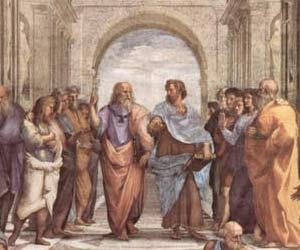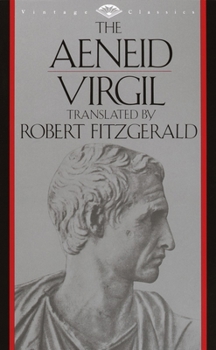The Aeneid
Select Format
Select Condition 
Book Overview
"Fitzgerald's translation] is so decisively the best modern Aeneid that it is unthinkable that anyone will want to use any other version for a long time to come." --New York Review of Books Virgil's great epic transforms the Homeric tradition into a triumphal statement of the Roman civilizing mission--translated by Robert Fitzgerald.
Customer Reviews
Translators matter a lot!
Aeneid epic.
Reader-Friendly Version of the Classic
I sing of a great story
Solid rendering
Rolfe Humphreys' Aeneid: Out of print?
The Aeneid Mentions in Our Blog

Poetry is one of the purest forms of expressing the human experience. It also offers a reflection of the era in which it was created. For National Poet’s Day on August 21, we celebrate the age-old artform with a tour of poetry through the ages.


Getting young people to read old books can be challenging. One successful approach we’ve come across is to pair the original with a modern take on the story. Here we feature ten classic books matched with fun, updated retellings.






